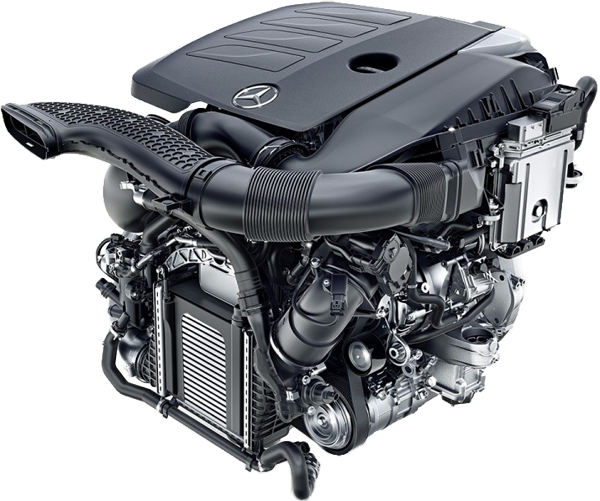The Comparative Analysis :
Mercedes C 200 9G-TRONIC (18 - 19) vs. Mercedes C 300 h 7G-TRONIC PLUS (15 - 18)
€ 39,900

€ 47,300

€ 39,900
Base Price ⓘBase price of a new vehicle with standard equipment in Germany at market launch.
€ 47,300
ⓘBase price of a new vehicle with standard equipment in Germany at market launch. Price Info
Vehicle Dimensions
The dimensions of the C 200 and the C 300 h are absolutely identical. Both are 4686 mm long, 1810 mm wide and 1442 mm tall.
C 200
C 300 h
1442
1810
2020
1442
1810
2020
1810 mm
Width
1810 mm
2020 mm
Width Incl. Mirrors
2020 mm
1442 mm
Height
1442 mm
2840
4686
2840
4686
4686 mm
Length
4686 mm
2840 mm
Wheelbase
2840 mm
Vehicle Weight
C 200
C 300 h
1505 kg
Kerb Weight
1715 kg
2085 kg
Gross Vehicle
Weight
Weight
2280 kg

Weight Difference:
210 kg
12.24 %

General
C 200
C 300 h
W205
Generation
W205
Saloon
Car Body Style
Saloon
Unleaded (95 RON)
Fuel Type
Diesel

Rear-wheel drive
Drive
Rear-wheel drive

9-speed automatic transmission
Transmission
7-speed automatic transmission
Engine
C 200
C 300 h
4-cylinder mild hybrid petrol engine with turbocharger
Engine Type
4-cylinder full hybrid diesel engine with two turbochargers (biturbo)
Mercedes-Benz M 264
Engine Series
Mercedes-Benz OM 651
M 264.915
Engine Code
OM 651.921


4
Valves
4
4
Cylinders
4
1497 CC
Engine Capacity
2143 CC
181 bhp
at 5800 rpm
Power
228 bhp
at 0 rpm
C 200
181 bhp
228 bhp
C 300 h
280 NM
at 3000 rpm
Max. Torque
750 NM
at 0 rpm
C 200
280 NM
750 NM
C 300 h
Performance
C 200
C 300 h
149 mph
Maximum Speed
152 mph
7.7 sec
Acceleration 0 to 62 mph
6.4 sec
62 mph
62
mph
mph
107 m
0.000 sec

C 200
62 mph
62
mph
mph
89 m
0.000 sec

C 300 h
▶ REPLAY
8.31 kg/bhp
Weight-to-Power Ratio
7.52 kg/bhp
C 200
8.31 kg/bhp
7.52 kg/bhp
C 300 h
Fuel Economy / Emissions
C 200
C 300 h
Fuel Economy
46 mpg
combined
78 mpg
C 200
46 mpg
78 mpg
C 300 h
35 mpg
city
72 mpg
56 mpg
motorway
83 mpg
41 L
Fuel Tank Capacity
50 L
418 mi
Range
863 mi
C 200
418 mi
863 mi
C 300 h
Environmental Impact
115.6 kWh
Total Energy Consumption
per 100 miles ⓘThe total energy consumption per 100 miles is the amount of energy consumed by a vehicle when burning fuel or using electricity per 100 miles (final energy), and the energy required to produce the appropriate amount of fuel or electricity (primary energy).
per 100 miles ⓘThe total energy consumption per 100 miles is the amount of energy consumed by a vehicle when burning fuel or using electricity per 100 miles (final energy), and the energy required to produce the appropriate amount of fuel or electricity (primary energy).
74 kWh
C 200
115.6 kWh
74 kWh
C 300 h
Euro 6d-TEMP (WLTP) 36AG-AI
Emission Standard
Euro 6b (NEFZ)
152 g/km (WLTP)
CO2 Emissions
94 g/km (NEFZ)
Practical Convenience
C 200
C 300 h
4
Doors
4
5
No. of Seats
5
580 kg
Maximum Payload
565 kg
435 L
Boot Capacity
435 L










No data
Boot Capacity (Seats Down)
No data
















